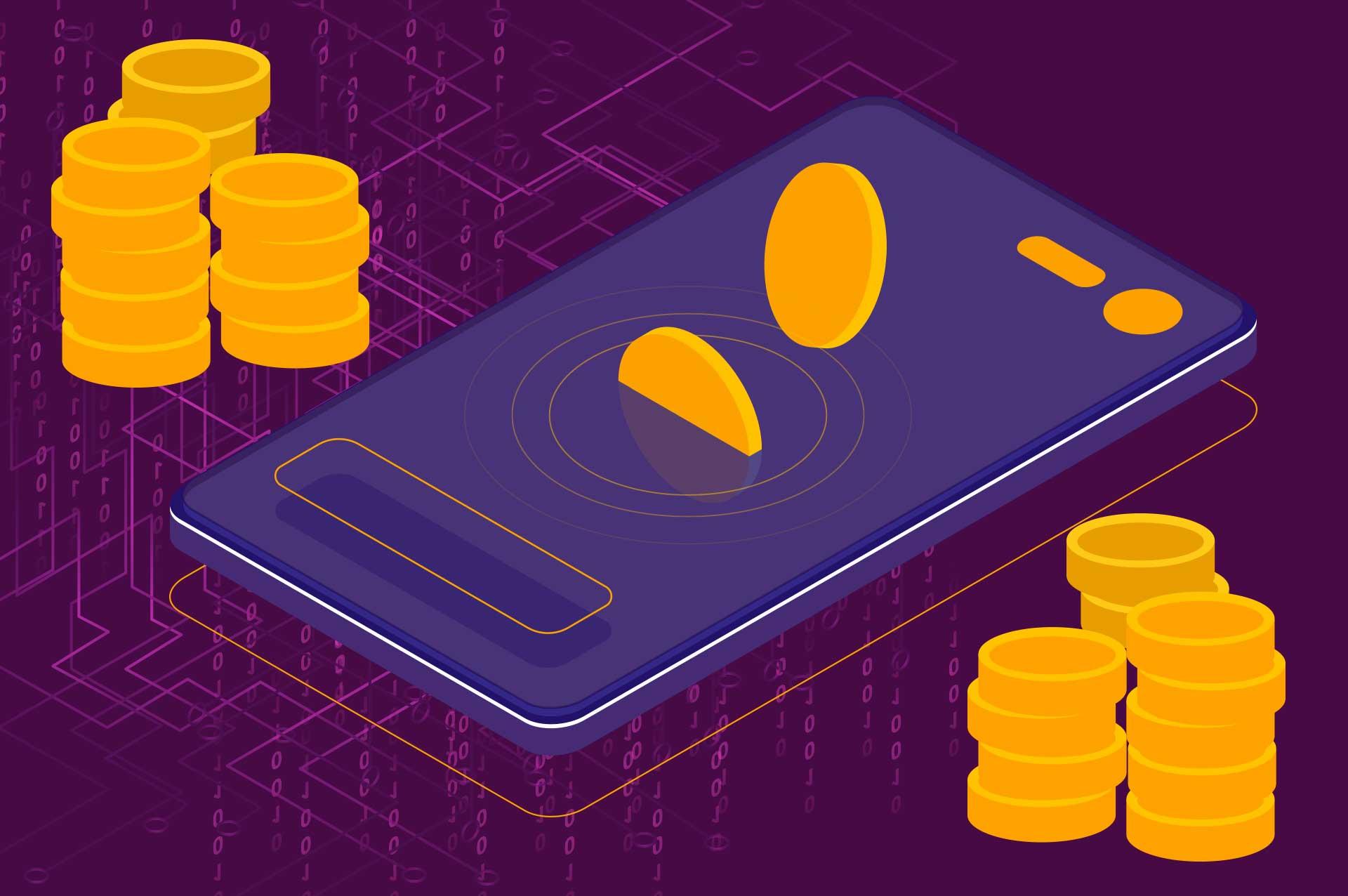What you need to know about digital money or cryptocurrency

Cryptocurrency is digital money that is made up entirely of computer codes, with no physical bills or coins equivalent that you can withdraw from a bank or ATM. It is stored in a virtual wallet, with all transactions done online. You can buy cryptocurrency using real money via a credit card, and in some cases, you can earn them through ‘mining,’ which is the process of validating cryptocurrency transactions.
As cryptocurrency became more popular over the years, more people have been buying, trading, and investing in this type of currency. Before you join them, however, you should fully understand what it is all about. Below are some basic facts about cryptocurrency that every investor should know.
It is a decentralized currency.
Cryptocurrency is not controlled by any bank or monetary authority. It is maintained by the developers and the community of users themselves, making transferring money between two people easier and more affordable because there is no third party like a bank to act as an intermediary. This cuts out or minimizes charges or transaction fees for users. However, this also means the government does not insure cryptocurrency unlike in traditional currencies. If the company storing your digital wallet becomes bankrupt or gets hacked, the government cannot help you get your money back. Cryptocurrency is also not legal in some countries.
Some cryptocurrencies are legal in the Philippines. These can be used to pay certain bills, send money, or buy online game credits. The Bangko Sentral ng Pilipinas (BSP) regulates the companies or businesses who exchange cryptocurrency into fiat currency. However, the BSP does not endorse any cryptocurrencies as of the moment.
Transactions are instant and unlimited.
Since cryptocurrency is stored in your digital wallet, it only takes Internet access to complete your transactions. Each wallet holder can pay or send any amount of money to anyone regardless of location. Keep in mind, though, that there is typically no refund or cancellation of fund transfers unless you talk to the sellers themselves. Furthermore, while cryptocurrency is gaining popularity, most businesses still do not accept this as a payment mode.
It is more secure and private.
Blockchain is the technology behind cryptocurrency. Think of it as an online ledger of all verified transactions made using cryptocurrency. Blockchain is based on complex mathematical equations that make cryptocurrency more secure. Blockchains make it harder for hackers to break into the system, but digital wallets are not as secure.
Cryptocurrency offers pseudo-anonymity because you don’t need to give your personal details to buy or use it. And since it provides a higher level of privacy, it makes it easier for cryptocurrency to be used for illegal transactions.
Watch out for cryptocurrency scams.
The Department of Finance (DOF) is calling on the public to be vigilant about cryptocurrency scams online that promise big investment opportunities and high money returns. Recently, fake auto-trading platforms such as “Bitcoin Revolution” and “Bitcoin Lifestyle” have been making the rounds on social media, urging the public to start generating income through cryptocurrency. These scams use the names of prominent government officials like President Rodrigo Duterte and Finance Secretary Carlos Dominguez III and celebrities, such as Vice Ganda, Boy Abunda, and Angel Locsin to lure people into the scheme. The DOF has stated that “Bitcoin Revolution” and “Bitcoin Lifestyle” are both unregistered and unlicensed, and must be avoided at all costs. It is highly possible that these are fraudulent investment platforms and the government has denied the false claims and ridiculous promises of these ads c.
Watch out for websites or individuals that promise you’ll make more money, whether in traditional currency or cryptocurrency, in a short amount of time.
How to protect yourself from malicious cryptocurrency ads:
- Avoid clicking on links without knowing where they lead.
- Be careful when browsing unfamiliar websites.
- Consider installing an ad blocker to your browser.
- Browsing finance or investment-related terms and products make you vulnerable to fake ads. Avoid this by deleting your browser’s cookies. You can find this option from the settings of your browsers.
- Be careful in giving your private information to websites.
Remember that to protect your finance, you should only invest in what you truly understand.
Report suspicious investment schemes to the following:
Enforcement and Investor Protection Department of the Securities and Exchange Commission (SEC) through e-mail at epd@sec.gov.ph or through landline (02) 8818-6337.
- NBI Anti-Fraud Division at (02) 8525-4093 or e-mail at afad@nbi.gov.ph. Alternatively, you may also send a message through the NBI’s website at www.nbi.gov.ph or their official Facebook account.
- PNP Anti-Cybercrime Group (ACG) through its website at www.pnpacg.ph, through hotline number at (02) 8723-0401, or through email at acg@pnp.gov.ph.



